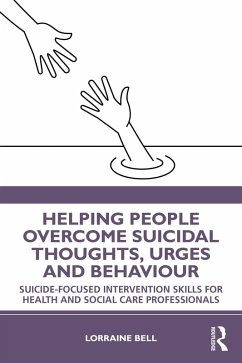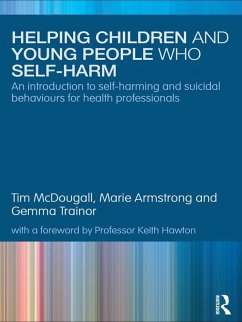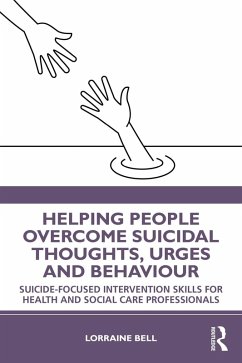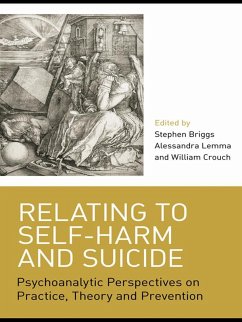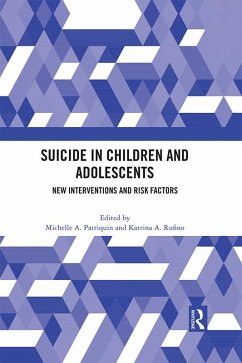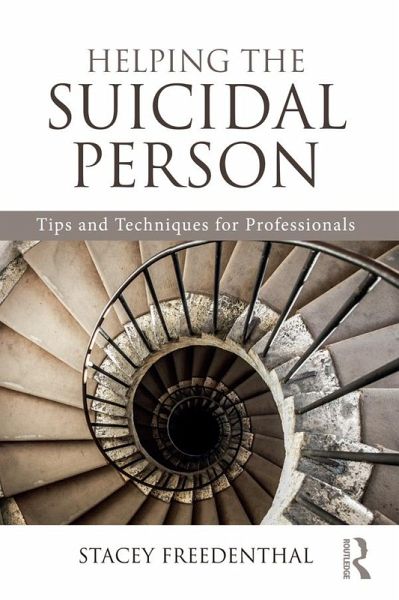
Helping the Suicidal Person (eBook, PDF)
Tips and Techniques for Professionals
Versandkostenfrei!
Sofort per Download lieferbar
35,95 €
inkl. MwSt.
Weitere Ausgaben:

PAYBACK Punkte
18 °P sammeln!
Helping the Suicidal Person provides a highly practical toolbox for mental health professionals. The book first covers the need for professionals to examine their own personal experiences and fears around suicide, moves into essential areas of risk assessment, safety planning, and treatment planning, and then provides a rich assortment of tips for reducing the person's suicidal danger and rebuilding the wish to live. The techniques described in the book can be interspersed into any type of therapy, no matter what the professional's theoretical orientation is and no matter whether it's the clie...
Helping the Suicidal Person provides a highly practical toolbox for mental health professionals. The book first covers the need for professionals to examine their own personal experiences and fears around suicide, moves into essential areas of risk assessment, safety planning, and treatment planning, and then provides a rich assortment of tips for reducing the person's suicidal danger and rebuilding the wish to live. The techniques described in the book can be interspersed into any type of therapy, no matter what the professional's theoretical orientation is and no matter whether it's the client's first, tenth, or one-hundredth session. Clinicians don't need to read this book in any particular order, or even read all of it. Open the book to any page, and find a useful tip or technique that can be applied immediately.
Dieser Download kann aus rechtlichen Gründen nur mit Rechnungsadresse in A, B, BG, CY, CZ, D, DK, EW, E, FIN, F, GR, HR, H, IRL, I, LT, L, LR, M, NL, PL, P, R, S, SLO, SK ausgeliefert werden.






